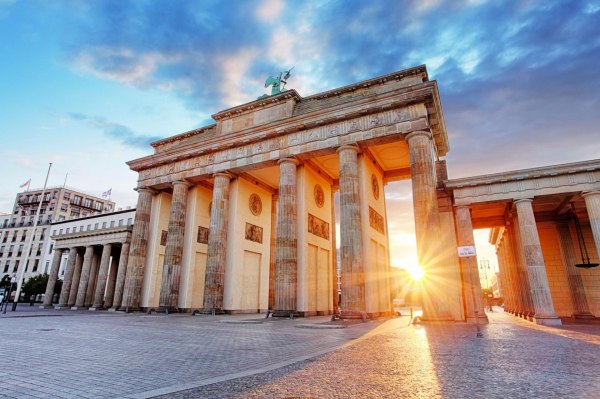Berlin Tickets | Berlin Opera Tickets | Berlin Concerts Tickets
What's on
Berlin Philharmonic
Berlin - Berliner Philharmonie
Mo 30 Jun 2025, - Mo 30 Jun 2025,
Mo 30 Jun 2025, - Mo 30 Jun 2025,
Bestseller events
Latest news
Visit Berlin and buy now online tickets for Berlin Philharmonic. Ticket agency in Berlin guarantees the best prices for Berlin Philharmonic performances. Book now best seats for new season performance...

 EN
EN DE
DE IT
IT FR
FR ES
ES RU
RU JP
JP RO
RO


